The watch by elie wiesel – In Elie Wiesel’s poignant novel, The Watch, readers are invited to embark on a profound journey that delves into the depths of faith, identity, and morality amidst the horrors of the Holocaust. Through the lens of Wiesel’s personal experiences, this literary masterpiece unveils the complexities of human nature and the indomitable spirit that prevails even in the face of unspeakable suffering.
The Watch narrates the harrowing tale of a young boy’s survival in the Nazi concentration camps, where he grapples with the loss of innocence, the erosion of faith, and the struggle to maintain a sense of self amidst unimaginable atrocities.
Introduction
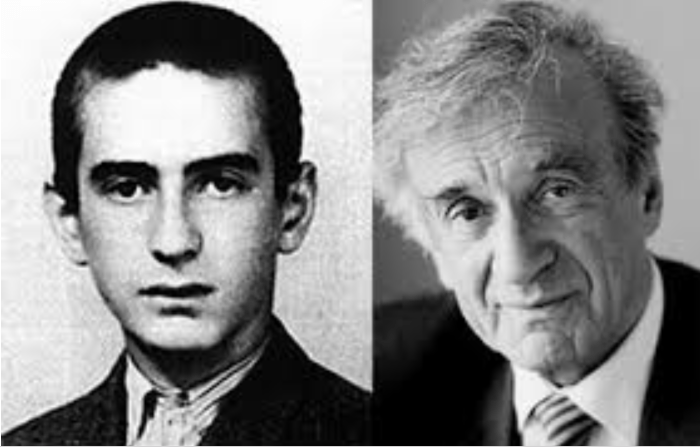
The significance of “The Watch” by Elie Wiesel lies in its exploration of the Holocaust’s profound impact on human existence. This compelling narrative confronts themes of faith, survival, and the complexities of morality in the face of unimaginable atrocities.Through the protagonist’s stolen watch, Wiesel delves into the concept of time as both a witness and a tormentor during the Holocaust.
The book’s intricate plot follows the protagonist’s struggle to maintain his humanity amidst the dehumanizing horrors of Auschwitz.
Exploration of Faith and Morality
Wiesel’s “The Watch” delves into the profound struggle of faith in the face of extreme adversity. The protagonist grapples with the question of God’s existence and the seeming absence of divine intervention during the Holocaust. Through this exploration, Wiesel challenges readers to confront the complexities of morality and the limits of human understanding in the face of unimaginable suffering.
Historical Context: The Watch By Elie Wiesel
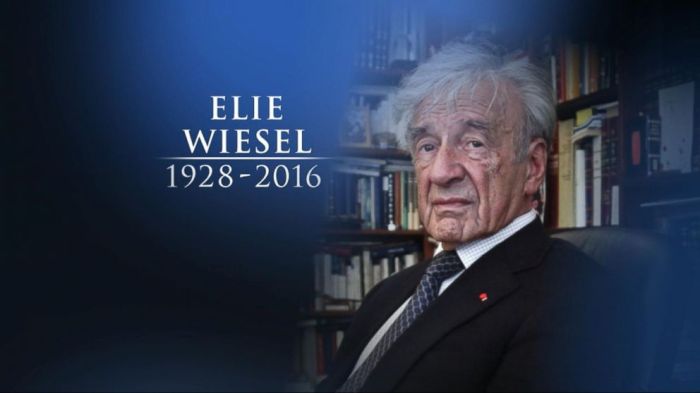
Elie Wiesel’s novel “The Watch” was inspired by the horrors of the Holocaust, a genocide that claimed the lives of millions of Jews during World War II. Wiesel himself was a survivor of the Auschwitz concentration camp, and his experiences there profoundly shaped his worldview and literary output.
The Holocaust and Wiesel’s Personal Experiences
The Holocaust was a systematic and deliberate genocide perpetrated by the Nazi regime against the Jewish people. Wiesel was only 15 years old when he was sent to Auschwitz, where he witnessed unspeakable atrocities and lost many of his family members.
These experiences left an indelible mark on his psyche, leading him to question the nature of good and evil and the meaning of human existence.
Literary Analysis
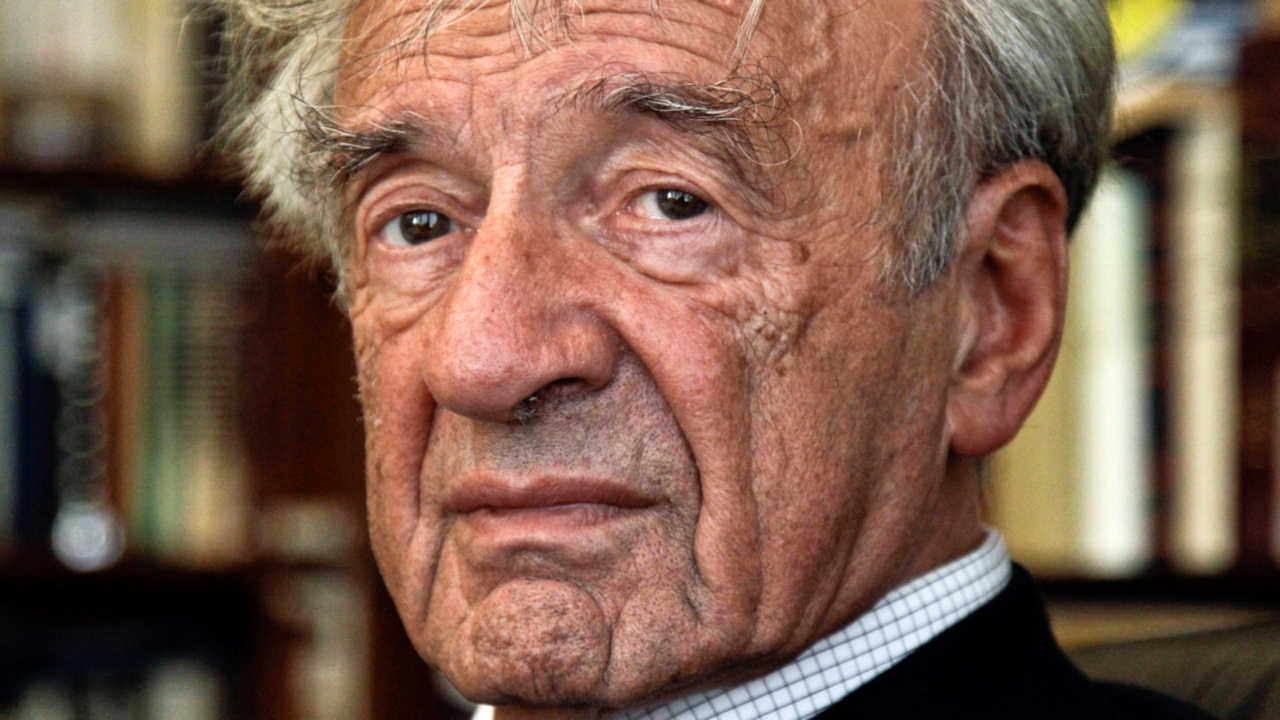
The narrative structure of “The Watch” is non-linear, with the story unfolding through a series of flashbacks and introspections. This structure allows Elie Wiesel to explore the complex emotions and memories of the characters as they grapple with the horrors of the Holocaust.
Literary Devices
Wiesel employs a variety of literary devices in “The Watch,” including:
- Symbolism:The watch is a powerful symbol of the passage of time and the loss of innocence.
- Metaphor:The Holocaust is described as a “night” that has consumed the lives of the characters.
- Imagery:Wiesel uses vivid and haunting imagery to convey the horrors of the Holocaust.
Character Development and Relationships
The characters in “The Watch” undergo significant development and change throughout the novel. Eliezer, the protagonist, struggles to reconcile his faith with the horrors he has witnessed. His relationship with his father, Shlomo, is complex and evolving.
Philosophical Themes
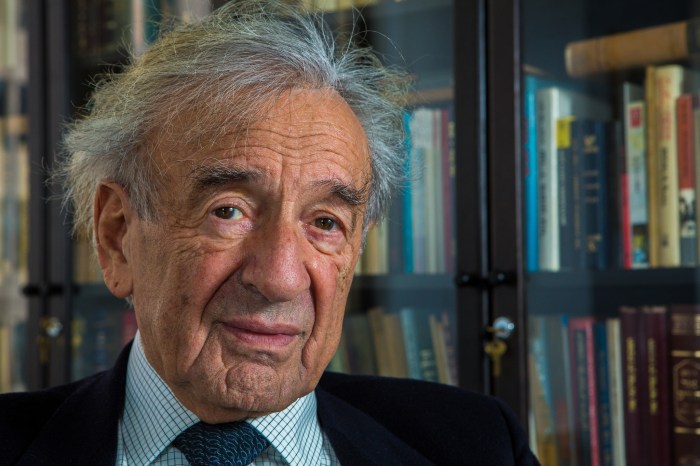
The Watchdelves into profound philosophical themes that grapple with the complexities of human existence, particularly in the face of unimaginable suffering. Through the lens of his own harrowing experiences during the Holocaust, Elie Wiesel explores the profound impact of trauma on faith, identity, and morality.
The Watch by Elie Wiesel is a powerful reminder of the horrors of the Holocaust. The book tells the story of a young boy who is sent to a concentration camp. While there, he is given a watch by his father.
The watch becomes a symbol of hope and strength for the boy, and it helps him to survive the horrors of the camp. While exploring sinks of gandy cave map , you can discover more about the horrors of the Holocaust and the importance of hope and strength.
Faith
The Holocaust challenged the very foundations of faith for many survivors, including Wiesel. The unimaginable atrocities they witnessed led them to question the existence of a benevolent God. In The Watch, Wiesel’s protagonist struggles to reconcile his faith with the horrors he has endured.
He grapples with the silence of God and the apparent indifference of the universe to human suffering.
- Wiesel’s protagonist questions the existence of God in the face of such evil and suffering.
- He struggles to find meaning and purpose in a world that seems devoid of compassion.
- The novel explores the complexities of faith in the aftermath of trauma and the search for meaning in a shattered world.
Impact and Legacy
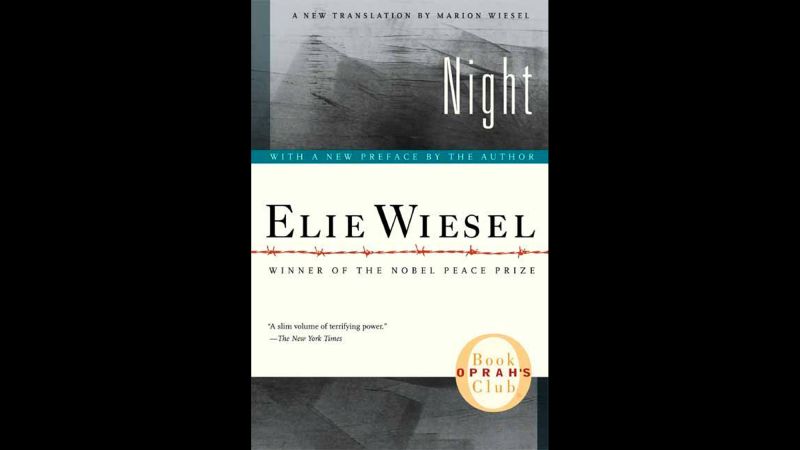
Elie Wiesel’s “The Watch” has had a profound impact on Holocaust education and remembrance. The novel has helped to raise awareness of the Holocaust and its horrors, and has been used as a teaching tool in schools and universities around the world.
The novel has also been praised for its literary merit. Wiesel’s writing is lyrical and evocative, and he deftly captures the psychological and emotional toll of the Holocaust on its victims.
Contribution to Holocaust Literature, The watch by elie wiesel
In addition to its impact on Holocaust education and remembrance, “The Watch” has also made a significant contribution to the genre of Holocaust literature. The novel is one of the first to explore the long-term psychological effects of the Holocaust on its survivors, and it has helped to shape the way that we understand the Holocaust and its legacy.
Essential Questionnaire
What is the significance of the watch in the novel?
The watch, a symbol of time and mortality, represents the protagonist’s struggle to reconcile his faith with the horrors he witnesses. It also serves as a reminder of the preciousness of life and the importance of cherishing every moment.
How does Wiesel’s personal experience as a Holocaust survivor influence the novel?
Wiesel’s firsthand account of the Holocaust infuses the novel with authenticity and emotional depth. His experiences provide a unique perspective on the psychological and spiritual toll of the camps.
What are the major themes explored in The Watch?
The novel explores themes of faith, identity, morality, and the nature of good and evil. It delves into the complexities of human behavior under extreme circumstances.